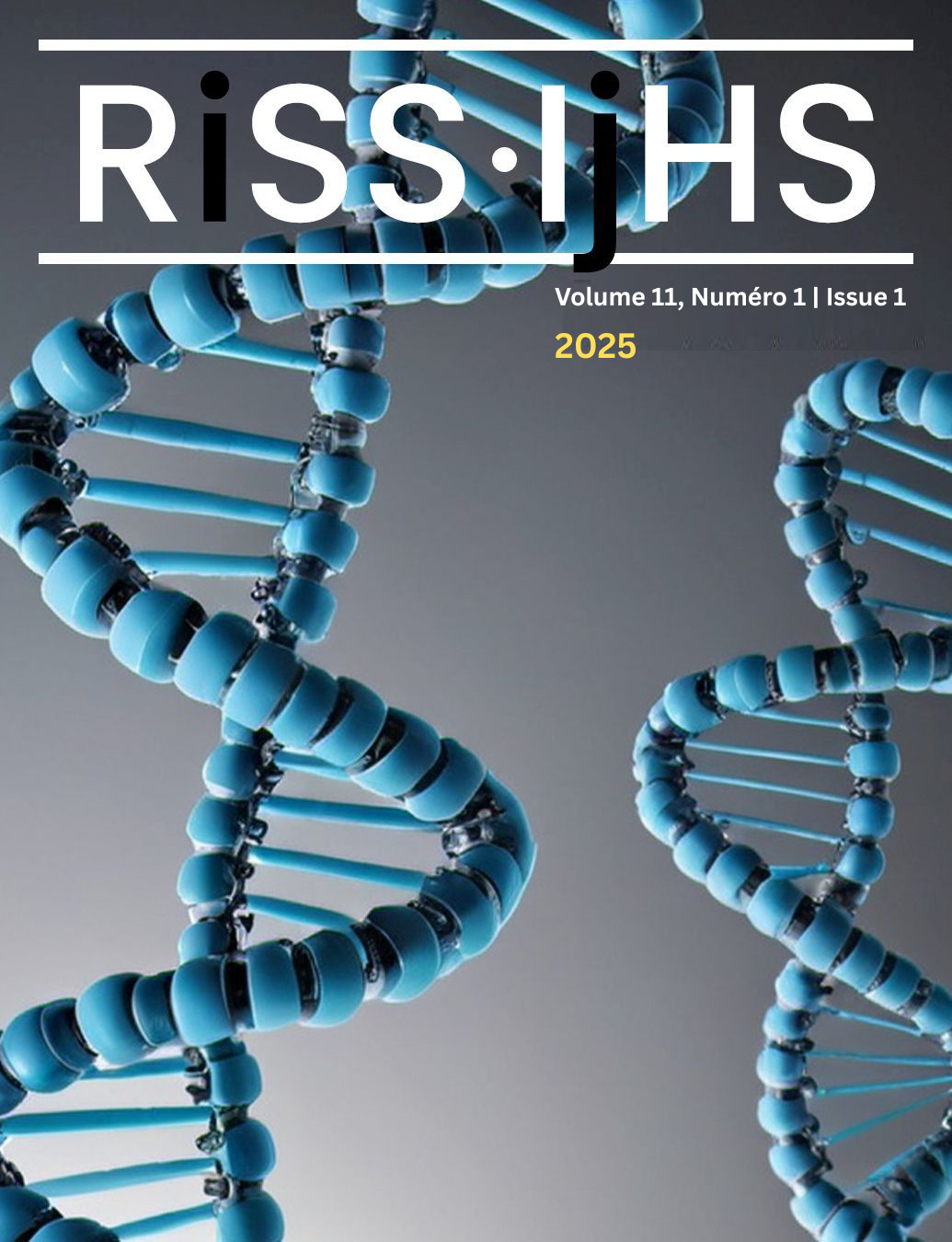Investigating the Influence of the Patient-Therapist Relationship on Adherence to Assistive Devices in Stroke Rehabilitation
DOI:
https://doi.org/10.18192/riss-ijhs.v11i1.7171Abstract
The patient therapist relationship (PTR) is a critical component of treatment delivery in health care settings. This construct has potential to inform treatment efficacy and adherence to assistive devices (ADs) in stroke rehabilitation. This study aimed to evaluate the significance of the PTR in promoting adherence to AD recommendations and identify barriers patients encounter in using ADs. Additionally, we investigated whether the Working Alliance Inventory-Short Revised (WAI-SR) questionnaire captured information about the PTR that could enhance adherence. Four therapists and four stroke patients participated in interviews centered on therapist roles, patient experiences, and approaches to enhance adherence. Therapists were asked to evaluate the WAI-SR’s ability to capture features of the PTR. Interviews were subject to thematic analysis. Therapists emphasized collaborative decision-making to enhance adherence, fostering trust and communication. Patients reported trusting their therapists, who played a major role in instilling confidence in AD use. Patient barriers included: stigma, education gaps, device design flaws, costs, and memory limitations. Insights from the WAI-SR provided valuable information on PTR dynamics, potentially enhancing adherence strategies. The findings suggest that the quality of the PTR significantly influences AD use. They offer insights into therapists' strategies for enhancing adherence, patients' barriers, and the WAI-SR’s potential.
Downloads
Published
Issue
Section
License
Copyright (c) 2025 Ayah Rashwan, Jeffrey Jutai, Hillel Finestone

This work is licensed under a Creative Commons Attribution 4.0 International License.
- All authors published in the IJHS will retain copyright of their article.
- Authors grant the IJHS the right of first publication of their submitted articles.
- All articles published in the IJHS are licensed under a Creative Commons Attribution License that allows others to share articles if original authors and journal of initial publication are acknowledged.
- The IJHS is published online and in print, therefore the journal is not responsible for any unauthorized misuse of published content in either electronic or print form
- The IJHS retains the serial distribution rights to all contents
- It is the responsibility of the authors and not the IJHS to ensure proper permissions for all cited work have been obtained


